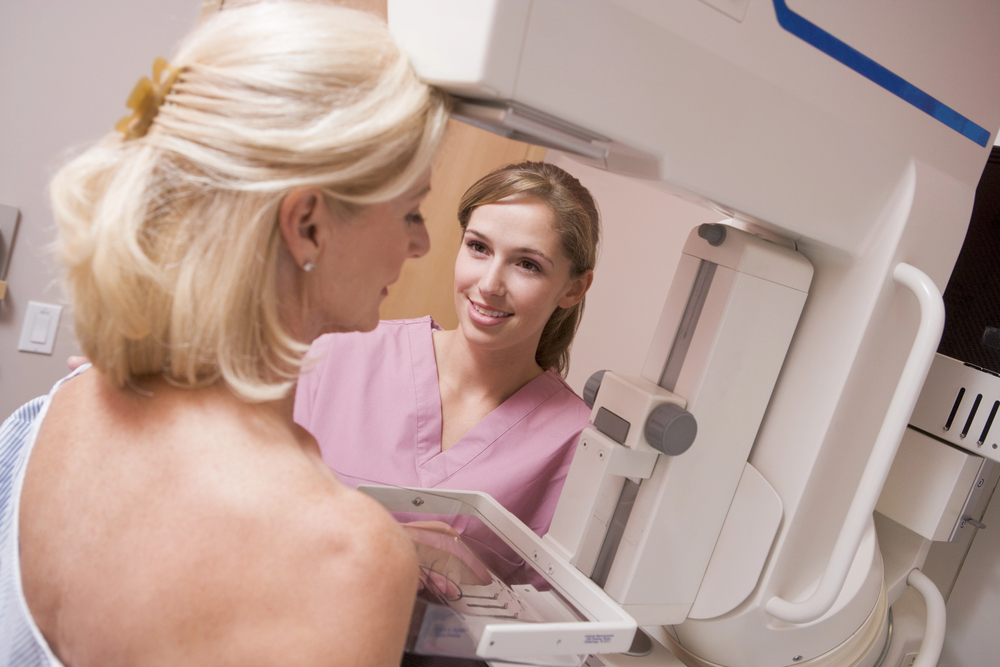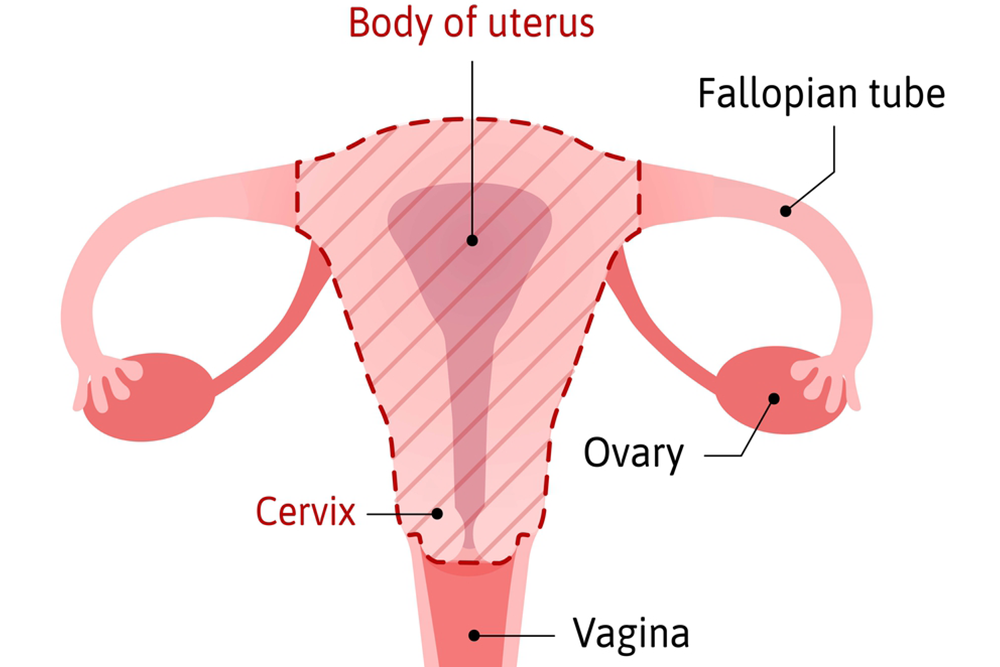
Understanding Your Mammogram Results
Interpreting mammogram results can be an emotional and confusing process for many women. These results...
Read MoreOvarian cysts are fluid-filled growths that develop on one or both of your ovaries. They’re common — in fact, most women have at least one cyst during their reproductive years. Cysts often develop during ovulation, but most of the time they’re painless and go undetected.
Occasionally, however, a cyst causes bloating, pelvic pain, and other unpleasant symptoms. Pain may come and go, or it can be sudden and severe when a cyst bursts.
At The Women’s Center, our highly trained OB/GYNs regularly diagnose and treat ovarian cysts. Cysts range in size and location, and since symptoms vary from woman to woman, it’s important to visit the doctor if you suspect you may have one.
If you receive an ovarian cyst diagnosis, our team generally recommends one of the following treatments:
Most of the time, ovarian cysts are benign (non-cancerous), and they don’t have any symptoms. When cysts aren’t indicative of a more serious pelvic condition and they don’t cause pain, watchful waiting may be your best course of action.
Our team monitors existing cysts at your regular wellness visits and checks for new cysts as part of your pelvic exam. Cysts often burst or disappear on their own, so you don’t need additional treatment.
Some women do experience negative symptoms related to ovarian cysts, so ask the team about your treatment options if you suffer symptoms like:
If you notice dizziness, fever, or sharp pelvic pain, seek immediate medical attention.
If you’re bothered by symptoms related to ovarian cysts, our team may recommend hormonal contraception. Hormonal contraception helps to regulate your menstrual cycle, and it may reduce ovarian cyst development. Existing cysts won’t be affected by starting hormonal birth control, but it can prevent a recurrence.
Your options for hormonal birth control include oral pills, hormonal intrauterine devices (IUDs), implants, or patches. Talk to your doctor to learn more about the pros and cons of each type of contraception, and get help choosing the best option for your body and your lifestyle.
Watchful waiting and hormonal birth control are effective methods for managing many different types of ovarian cysts, but surgery may be necessary in certain cases. Our team may suggest surgery if you have a large cyst that continues to grow.
There are two main types of surgery to treat ovarian cysts. The first, ovarian cystectomy, involves carefully removing the cyst while leaving your ovary intact. The second option is called oophorectomy, and it involves completely removing the affected ovary.
Up to 1 in 10 women of reproductive age has polycystic ovary syndrome (PCOS), a condition that causes many small cysts, hormonal imbalance, and fertility problems. PCOS can be managed to balance hormones, and treatment may include a combination of different methods.
Find compassionate care and expertise in ovarian cyst treatment at one of The Women’s Center’s 11 locations in and around Orlando, Florida. Call the office nearest you or schedule an appointment with the online booking tool. You can also send a message to the team here on our website.




Interpreting mammogram results can be an emotional and confusing process for many women. These results...
Read More
Hysterectomy, a surgical procedure involving the removal of the uterus, is often considered a last...
Read More
Menopause marks a significant transition in a woman's life, bringing about various changes that can...
Read More